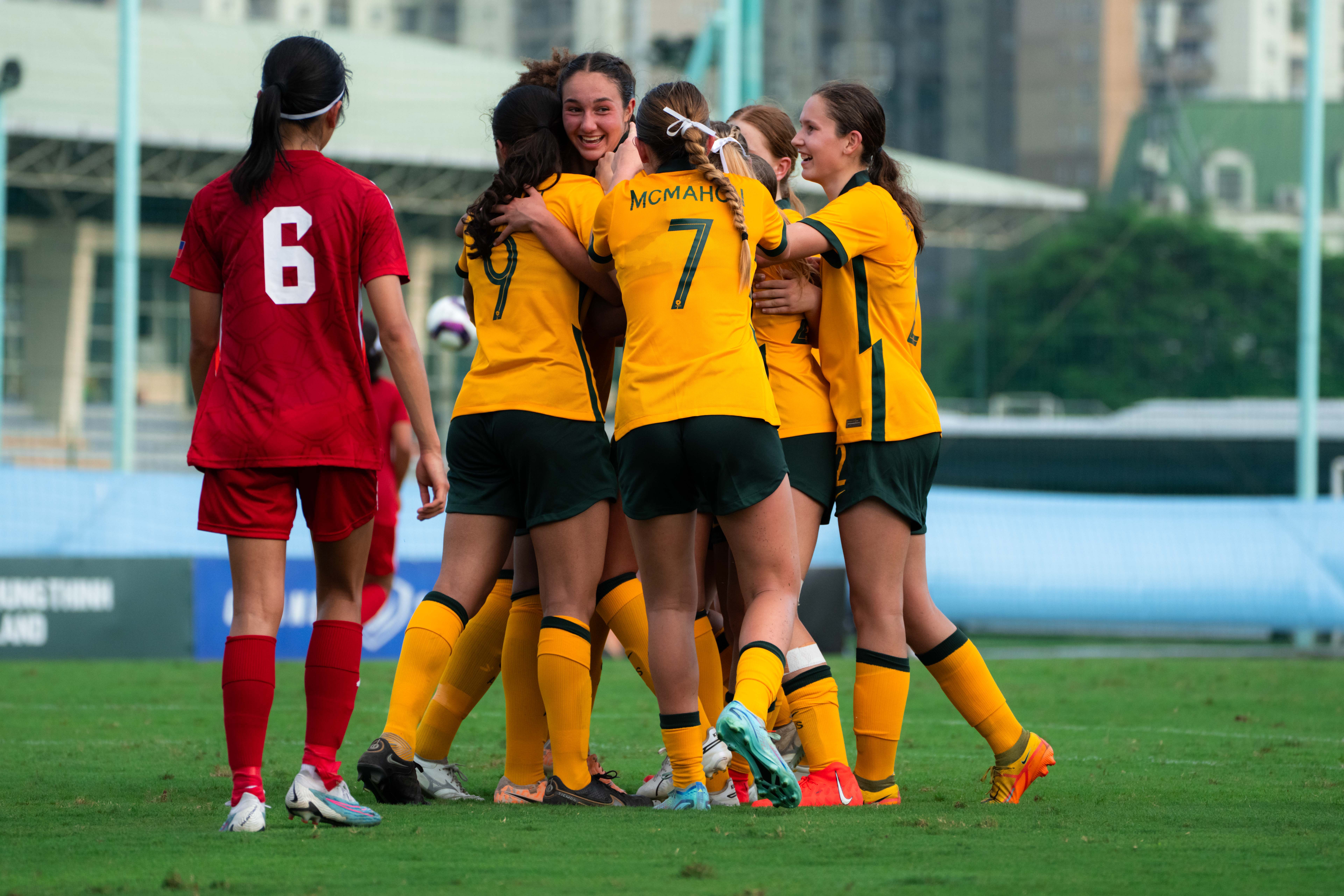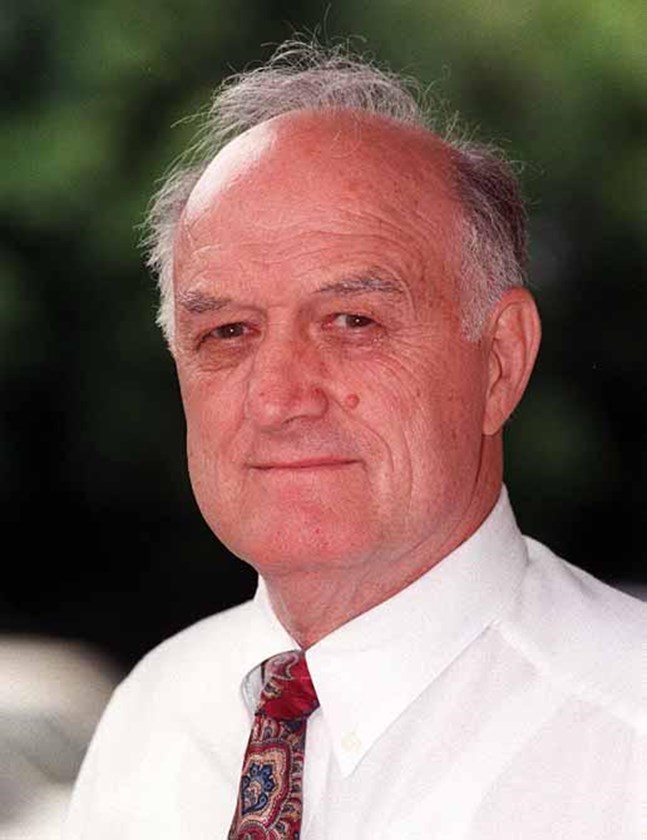Australians who are severely immunocompromised are being encouraged to contact their GP or specialist to discuss the possibility they may require a third COVID-19 vaccine dose to boost their protection to the highest level.
This follows advice from the Australian Technical Advisory Group on Immunisation (ATAGI) and other leading vaccination and health experts.
It is expected up to approximately 500,000 people in Australia who are severely immunocompromised may need a third dose of vaccine over the coming months.
This includes people who are being actively treated for cancer, organ failure, or with a range of immunosuppressive or biologic therapies.
The recommended interval for the third dose is two to six months after the second dose of vaccine. ATAGI’s advice is that an mRNA vaccine (Pfizer or Moderna) is the preferred option for a third dose.
Importantly, Australians who are mildly to moderately immunocompromised are not being recommended by ATAGI to have a third dose at this stage.
Advice on booster doses for the general population is expected in coming weeks.
With more than 151 million Pfizer, Novavax and Moderna vaccines already secured for supply into the future, Australia is well prepared to provide booster doses if they are recommended by the medical experts.
To date, 82 per cent of the population over the age of 16 has received one vaccine dose, and more than 62 per cent are fully vaccinated.
Supplying and producing the vaccine
The ability to manufacture vaccines onshore has been essential to the progress of our rollout and CSL has now manufactured and supplied 21,171,300 doses of vaccine for use in Australia.
Last week, 1,585,350 doses of Pfizer, 499,300 doses of Moderna and 1,157,100 doses of AstraZeneca were released for distribution.
Over the coming days, the TGA will conduct sample testing of 1,349,010 doses of Pfizer vaccine, 750,000 doses of Moderna vaccine, along with 1,358,600 doses of AstraZeneca vaccine produced onshore by CSL, prior to releasing the vaccines for distribution.
Distributing the vaccine
With support from our Distribution Partners DHL and Linfox, more than 2,470,728 vaccine doses were delivered across Australia to metropolitan, rural and remote locations, along with 4,869 deliveries of consumables.
- Ordering and Delivery. 99.5 per cent of vaccine orders were completed last week with 13 orders of Pfizer, 5 orders of Moderna to be finalised today.
- Australia’s assistance to the Pacific. This week another 26,500 doses were made available for distribution to the Pacific, with more than 3,576,620 doses now provided to DFAT. This will help our friends across the Pacific, including Papua New Guinea, Timor-Leste, Fiji, Solomon Islands and Tuvalu.
Administering the vaccine
This week, 1,937,574 doses were administered across the country, taking the total number of doses administered 30.7 million. It took 45 days to reach our first million doses of vaccine administered and 4 days for the most recent.
- Total sites. This week we had a total of 5,529 general practices, 137 Commonwealth Vaccination Clinics, 3,329 Pharmacies and 167 Aboriginal Community Controlled Health Services delivering vaccines, along with 916 state and territory sites, taking the total number of vaccination sites across the country to 10,078.
- Aged Care. With our vaccine workforce service providers, we continue to focus on those most at risk in our residential aged care facilities and have now completed first and second dose visits to all facilities in Australia. Nationally, 99.8 per cent of residential aged care workers are now vaccinated with their first dose and over 86 per cent with their second dose.
- Disability. We continue to ramp up our visits to disability residents with complex needs who require in-reach services. 20,795 people with a disability in a residential setting or 76.2 per cent have now received at least one dose of vaccine. Over 71 per cent of NDIS participants have also received a first dose, and 51 per cent are fully vaccinated.








